Escape the Mortgage Maze: Sell Your Distressed Property and Find Relief
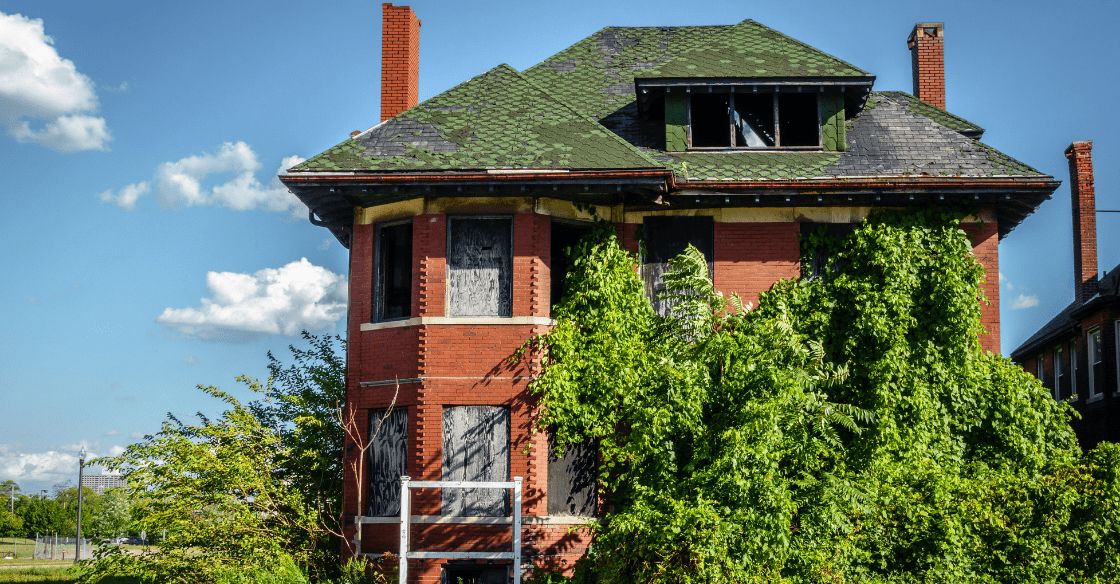
The financial strain of falling behind on mortgage or rent payments is a reality for millions of Americans, with an estimated 18 million facing this predicament. Homeowners bear the additional burden of the looming threat of defaulting on their loans. While the outlook may seem bleak, there are alternative strategies for dealing with a house on the brink of foreclosure.
Selling a distressed property, whether due to financial constraints or safety concerns, demands a delicate and well-planned approach. This comprehensive guide will provide you with the essential knowledge and guidance to successfully sell your distressed house.
The decision to sell "as is" or invest in renovations is a crucial one when dealing with a distressed property. Navigating the multitude of potential repairs and determining which ones are essential to secure buyer financing can be overwhelming. This guide will help you make informed decisions and navigate this complex process with confidence.
While selling a distressed property may take time, there are strategies to expedite the process and secure a fair price. The speed of the sale often hinges on the choice of buyer. This guide will equip you with the knowledge to identify the most suitable buyer for your property.
What is a distressed property?
A distressed property is a real estate asset that is facing financial difficulties or is in need of significant repairs. These properties can be the result of various circumstances, such as:
- Foreclosure: When a homeowner falls behind on their mortgage payments, the lender may initiate foreclosure proceedings, leading to the repossession of the property.
- Divorce: During a divorce, the couple may need to sell their shared home, but if there is an outstanding mortgage or financial disputes, the property may be considered distressed.
- Inheritance: In some cases, inheriting a property can be a burden, especially if it requires extensive renovations or is located in an undesirable area.
- Financial Hardship: Job loss, medical expenses, or other financial setbacks can make it difficult for homeowners to keep up with property taxes or mortgage payments, leading to distressed property status.
- Vacant Property: A vacant property that has been unoccupied for an extended period may fall into disrepair, making it a distressed property.
- Environmental Issues: If a property has environmental contamination or other hazardous conditions, it may be classified as distressed due to the potential remediation costs.
Distressed properties can present both challenges and opportunities for investors and buyers. On the one hand, these properties often come at a discounted price due to their condition or financial situation. However, they may require significant repairs or renovations, and there may be legal or title issues that need to be addressed.
- How the value of your home: To protect yourself from being taken advantage of when selling a distressed property, it's crucial to determine its true value. Here are a few methods you can use to establish your home's worth before selling:
* Comparative Market Analysis (CMA): This is a simple and economical approach that involves comparing your property to similar ones in your neighborhood. You can conduct a CMA yourself by researching property listings online or enlisting the assistance of a real estate agent.
- Professional Appraisal: If finding comparable properties proves difficult, consider investing in an official home appraisal. Appraisals provide a comprehensive evaluation of your property, considering its assets and potential improvements. These assessments are conducted by trained professionals who deliver an objective opinion on market value.
- Free Home Value Estimator: For a quick estimate of what your property might fetch from an iBuyer or other cash buyer, you can utilize a free home value estimator tool online. These tools typically involve answering a brief questionnaire on their website.
Remember, the value you obtain from these methods serves as a starting point for negotiations. When selling a distressed property, it's advisable to consult with a real estate agent or experienced investor who can guide you through the process and help you secure a fair price.
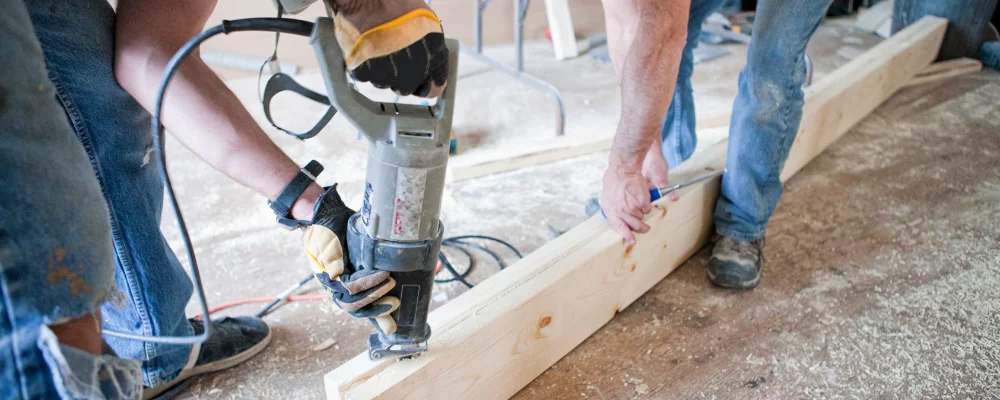
2. Should you repair or sell as is?
When dealing with a distressed house due to neglect, the decision of whether to renovate before selling hinges on the return on investment. Carefully consider if the potential sale price covers the repair costs. Moreover, consider the repair completion time, especially if facing a foreclosure deadline, as extensive construction delays might be impractical.
Here's a breakdown of common issues and repair costs associated with distressed properties:
Foundation and flooring problems:
- Foundation repairs can significantly impact the property's value. Average costs range from $4,000, with more serious problems exceeding $10,000. Major excavation may necessitate weeks or even months for completion.
- If the foundation is sound, addressing broken, moldy, or crumbling flooring might be sufficient. Consider utilizing affordable flooring options to enhance the property's overall appeal without exceeding your budget.
Bad roof:
- Leaking roofs can cascade into additional problems like rotting, warping, and structural damage. However, water spots and mold don't always signify roof issues; faulty pipes or leaking windows can be culprits as well.
- Roof repair costs vary depending on damage severity, materials used, and location. Comparison-shop for repair services to ensure a good deal.
Windows:
- Dampness can indicate faulty windows, requiring extensive repairs, especially with mold involved. Simple window replacements for a three-bedroom house can range from $3,000 to $10,000.
Septic tank problems:
- Addressing septic tank issues is crucial for selling a property with this feature. Simple fixes like emptying the tank are manageable, while major overhauls might involve substantial budget and construction efforts. However, selling "as-is" to cash buyers negates this concern.
Termites and rodents:
- Infestations require addressing before listing the house on the market, unless selling to a cash buyer. While termite treatment can be inexpensive, repairs from structural damage caused by these pests can be significant, involving replacements of major support beams, flooring, and foundational elements.
Additional considerations:
- When opting for an "as-is" sale to cash buyers, extensive renovations might not be worth the investment, as unforeseen issues like lead or asbestos removal could arise, incurring significant costs exceeding $10,000.
Remember, with distressed properties requiring extensive repairs, a cash-in-hand sale often proves to be the most comfortable and practical solution for sellers.

3. Don’t delay
Even when your home is in excellent condition, traditional home sales can take a significant amount of time, potentially months or even years. However, if your home is distressed due to mortgage default, you face a time crunch and need to explore alternatives to foreclosure promptly. Consider options such as iBuyers or house flippers who offer cash-in-hand solutions to expedite the process and alleviate financial stress.
4. Complete disclosure
Regardless of the buyer, it's crucial to make sure you disclose everything before the sale. This ensures that all bases are covered and helps you avoid potential legal issues in the future. Keep in mind, whether you're selling to a cash buyer or through a real estate agent, it's necessary to provide full information relevant to the property.
Our approach to distressed home buying creates a win-win situation for sellers and communities.
As a company specializing in real estate solutions, our investment strategy centers around acquiring distressed properties directly from owners. We offer homeowners a secure and efficient option to sell their house as-is, without the need for any improvements. Our process involves purchasing distressed properties, renovating them, and reintegrating them into the market.
Committed to contributing to the area's revitalization, our goals include:
As a company specializing in real estate solutions, our investment strategy centers around acquiring distressed properties directly from owners. We offer homeowners a secure and efficient option to sell their house as-is, without the need for any improvements. Our process involves purchasing distressed properties, renovating them, and reintegrating them into the market. Committed to contributing to the area's revitalization, our goals include:
1. Revitalizing Communities:
We aim to breathe new life into neighborhoods by acquiring and renovating distressed properties.
2. Promoting Home Ownership:
Encouraging home ownership is a key aspect of our mission, benefiting both sellers and the community at large.
3. Providing Solutions for Distressed Property Owners:
We are dedicated to offering viable solutions for owners facing challenges with distressed properties.
4. Creating Value for Buyers:
Our commitment extends to providing value for buyers by rejuvenating and reintroducing renovated homes to the market.
If you are considering selling your house as-is without making repairs or improvements, contact James Lynch. We possess the capability to act promptly and close transactions with cash on your preferred timeline. Call us at 781-244-2863 to explore whether this is a wise choice for your situation.
Categories
Recent Posts



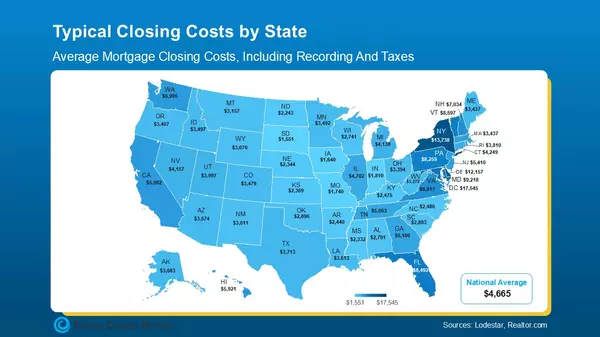
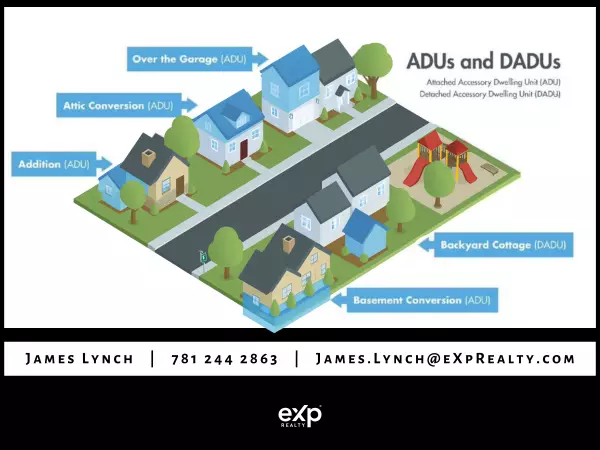



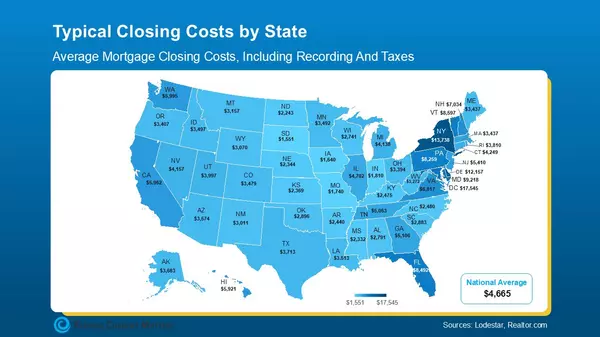
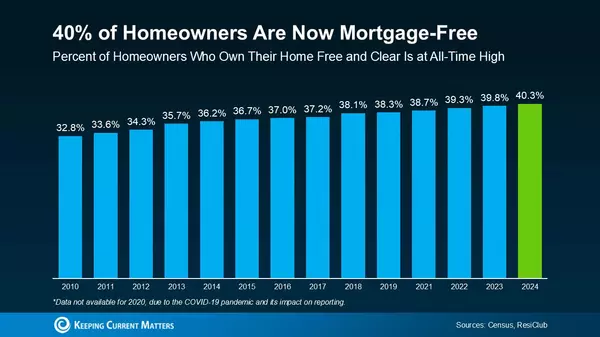
GET MORE INFORMATION


